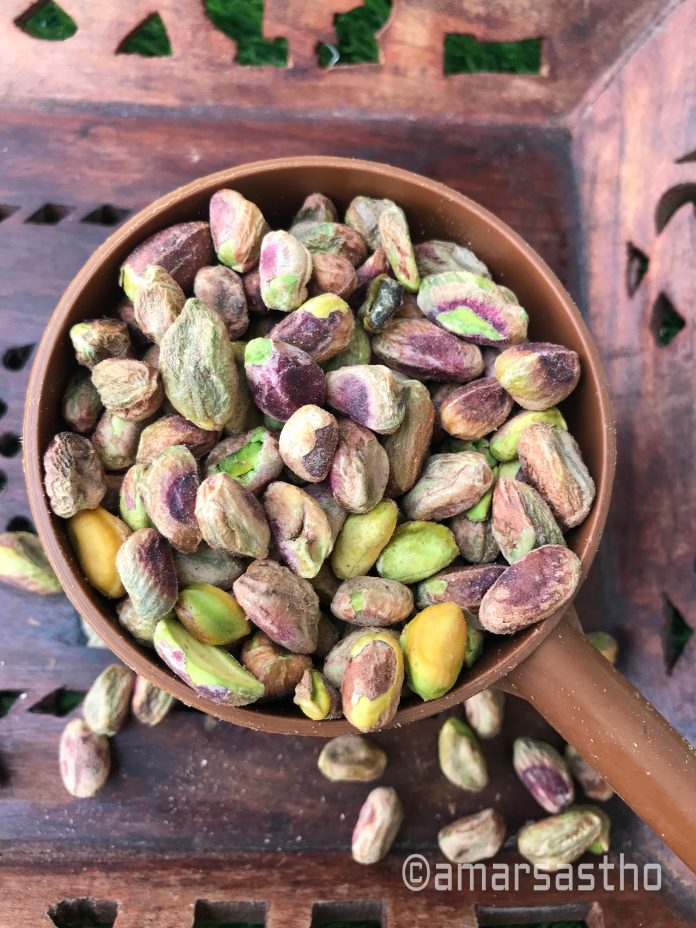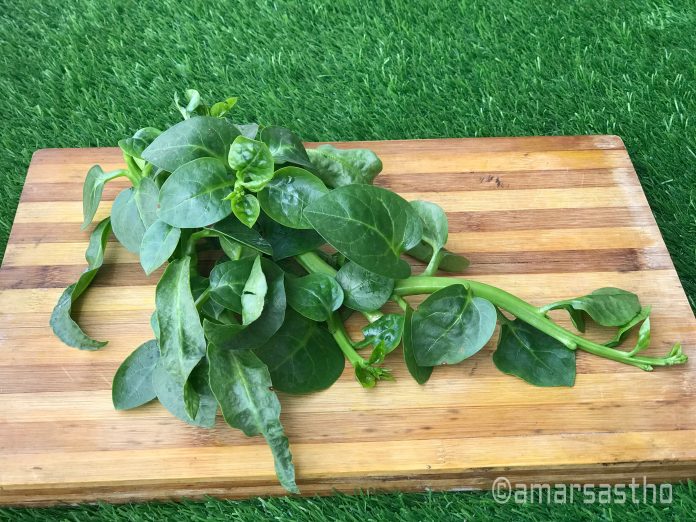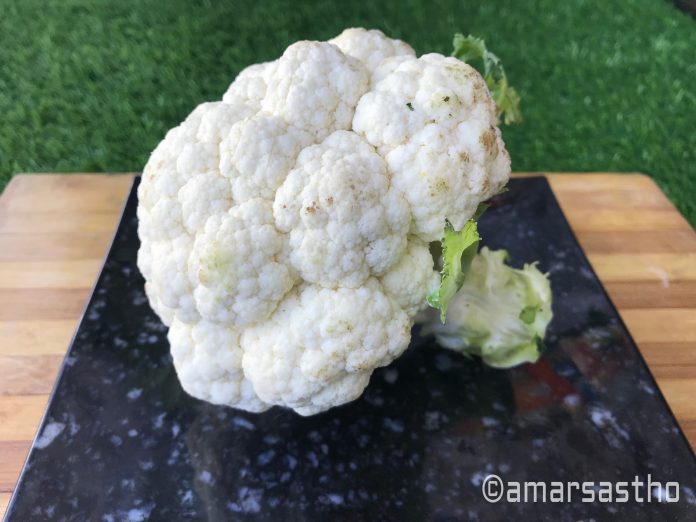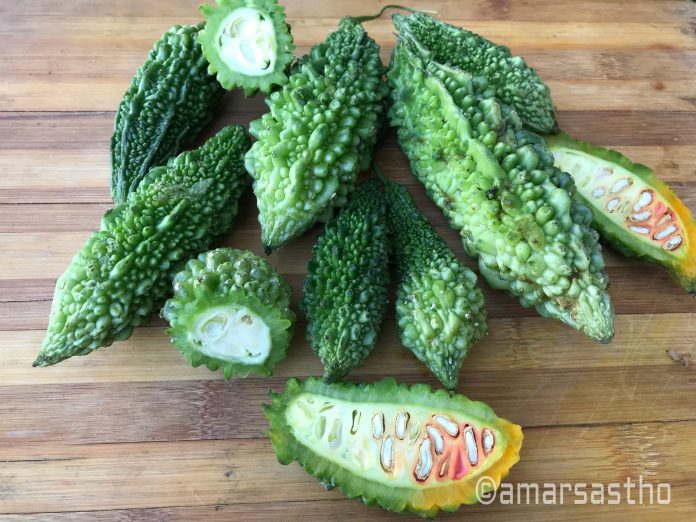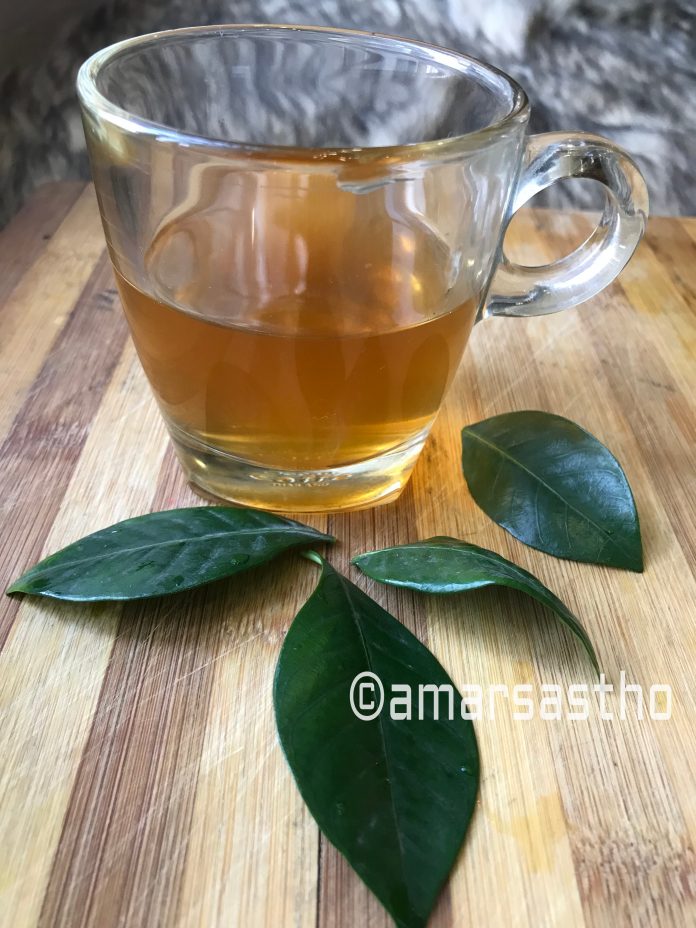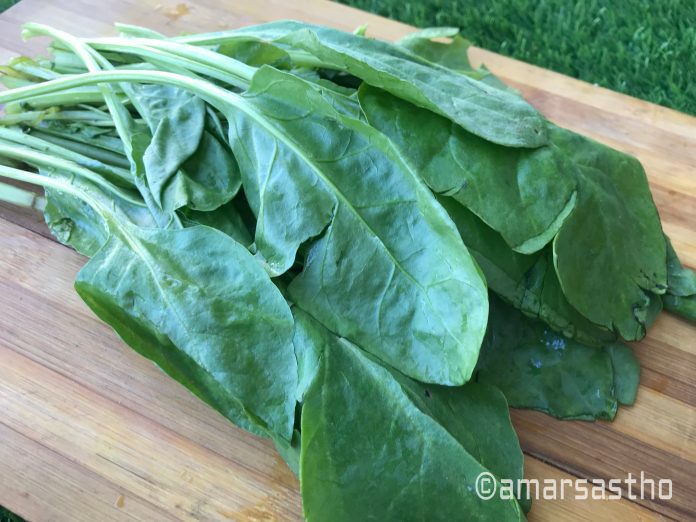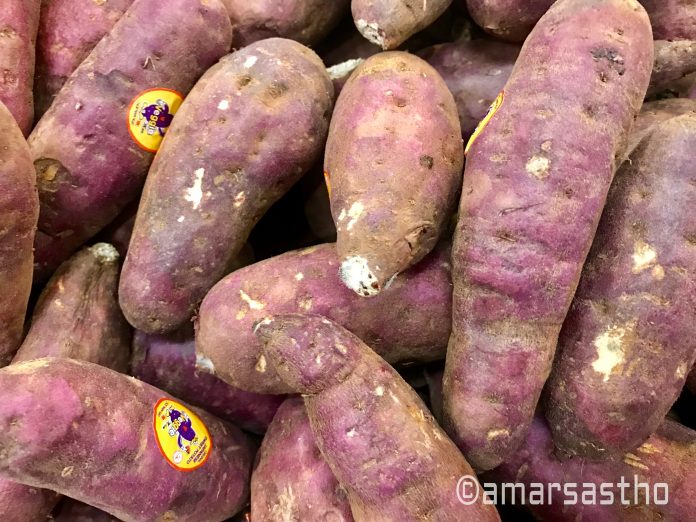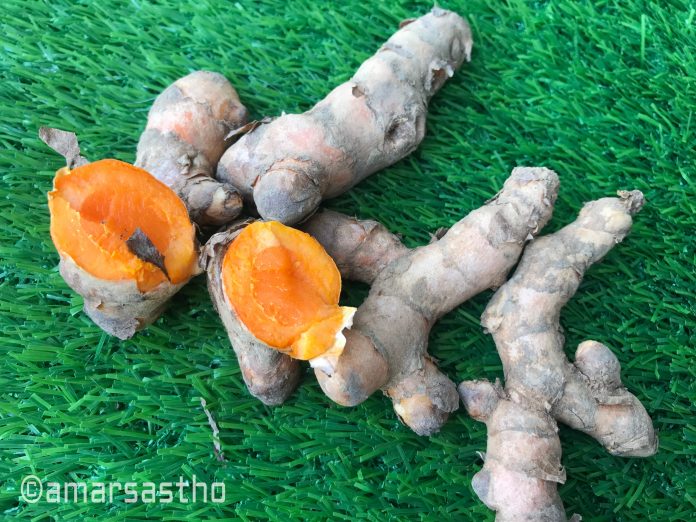Cloves are the flower buds of the clove tree. Cloves contain fiber, vitamins, and minerals, so using whole or ground cloves add flavor to dishes as well as provide some important nutrient. Cloves have many health benefits. Cloves are low in calories and provide some fiber, manganese, vitamin K and vitamin C. People have been using cloves in cooking and traditional medicine for many years, but it is only recently that scientists have begun studying their potential health benefits.
Cloves contain:
- Energy 47 Kcal
- Carbohydrates 51 g
- Protein 27 g
- Total Fat 0.15 g
- Cholesterol 0 mg
- Dietary Fiber 5.4 g
- Folates 68 µg
- Niacin 046 mg
- Pantothenic acid 0.338 mg
- Pyridoxine 0.116 mg
- Riboflavin 0.066 mg
- Thiamin 0.072 mg
- Vitamin A 13 IU
- Vitamin C 11.7 mg
- Vitamin E 0.19 mg
- Vitamin K 14.8 µg
- Sodium 94 mg
- Potassium 370 mg
- Calcium 44 mg
- Copper 231 mg
- Iron 1.28 mg
- Magnesium 60 mg
- Manganese 0.256 mg
- Phosphorus 90 mg
- Selenium 7.2 µg
- Zinc 2.32 mg
- Carotene-ß 8 µg
- Crypto-xanthin-ß 0 µg
- Lutein-zeaxanthin 464 µg
Health Benefits:
- Cloves are high in antioxidants, including eugenol and vitamin C, both of which can help reduce oxidative stress.
- Cloves can protect against cancer. Many herbs and spices are high in antioxidants, which play a part in reducing damage to cells that could lead to cancer. According to Today’s Dietitian, “just 1/2 teaspoon of ground clove is supposed to contain more antioxidants than 1/2 cup of blueberries.”
- Few studies have found that clove extract is able to slow the growth of multiple types of human cancer cells. Clove extract also helps in reducing colon cancer Few studies also found that cloves might reduce the risk of breast cancer too.
- Some studies found that cloves and the compounds they contain might help reduce oxidative stress and protect the liver.
- Cloves are good in blood pressure management and kill harmful bacteria.
লবঙ্গ
লবঙ্গ গাছের ফুলের মুকুল থেকে লবঙ্গ সংগ্রহ করা হয়।লবঙ্গতে ফাইবার এবং খনিজ ভিটামিন থাকে।সুতরাং লবঙ্গ এর ব্যবহার রান্নার বাড়তি স্বাদ যোগ করার পাশাপাশি এতে কিছু গুরুত্বপূর্ণ পুষ্টি পাওয়া যায়।লবঙ্গতে অনেক স্বাস্থ্য উপকার রয়েছে।লবঙ্গতে ক্যালোরি অল্প থাকে এবং কিছু ফাইবার পাওয়া যায়।ম্যাঙ্গানিজ,ভিটামিন কে এবং ভিটামিন সি লোকেরা বহু বছর ধরে রান্নায় ও ওষুধ হিসেবে লবঙ্গ ব্যবহার করে আসছে।তবে বিজ্ঞানীরা সম্প্রতি গবেষনা শুরু করেছে এর নানা রকম স্বাস্থ্য উপকারিতা নিয়ে।
স্বাস্থ্য উপকারিতা:
- লবঙ্গতে অ্যান্টিঅক্সিডেন্টের এর পরিমাণ বেশি,ইউজেনল ও ভিটামিন সি এ পরিপূর্ণ।যা উভয় জারণ চাপ কমাতে সাহায্য করতে পারে।
- লবঙ্গ ক্যান্সার এর বিরুদ্ধে রোগ প্রতিরোধ ক্ষমতা বৃদ্ধি করে।অনেক ঔষধি গুন এবং মশালায় উচ্চ অ্যান্টিঅক্সিড্যান্ট পাওয়া
- যায়।যা ক্যান্সারের কারণ এমন কোষের ক্ষয়ক্ষতি কমাতে ভূমিকা রাখে।আজকের ডায়েটিশিয়ান অনুসারে “মাত্র ১/২ চা চামচ লবঙ্গের মধ্যে ১/২ কাপ ব্লুবেরির চেয়ে আরও বেশি অ্যান্টিঅক্সিডেন্ট রয়েছে বলে ধারণা করা হচ্ছে।”
- কিছু গবেষনাতে দেখা গেছে যে লবঙ্গয়ের নির্যাস একাধিক ধরণের ক্যান্সারের কোষবৃদ্ধি রোধ করতে সক্ষম। লবঙ্গ নির্যাস কোলন ক্যান্সার হ্রাস করতে সাহায্য করে বেশ কিছু গবেষনায় দেখা গেছে যে লবঙ্গ স্তন ক্যান্সারের ঝুঁকিও কমাতে পারে।
- কিছু গবেষণায় দেখা গেছে যে লবঙ্গে থাকা উপাদান গুলি জারণবদ্ধ চাপকে কমাতে পারে এবং লিভারকে সুরক্ষিত করতে সাহায্য করে।
- লবঙ্গ রক্তে থাকা ব্যাকটেরিয়া মেরে ফেলে ও রক্ত চলাচল স্বাভাবিক



